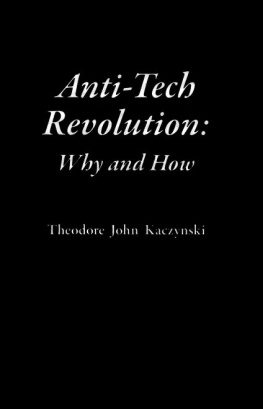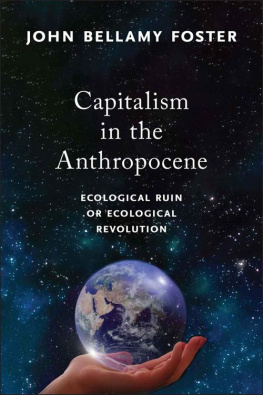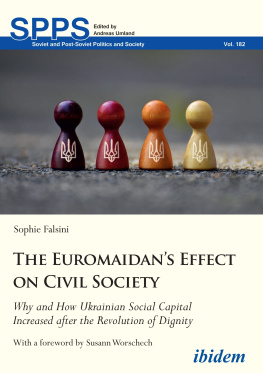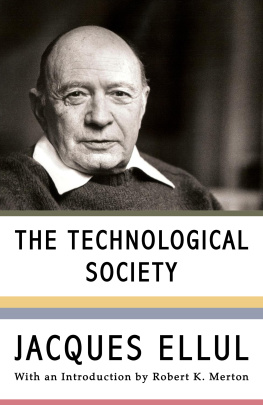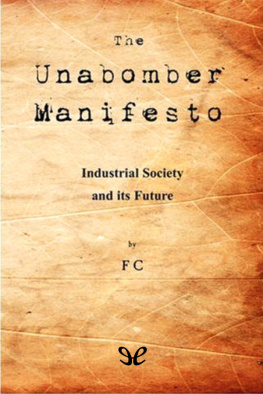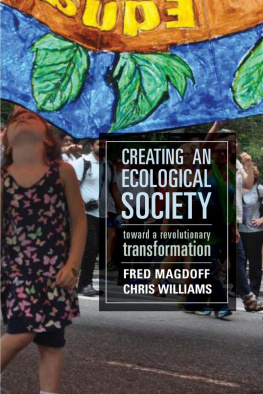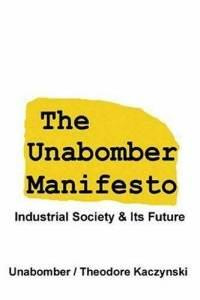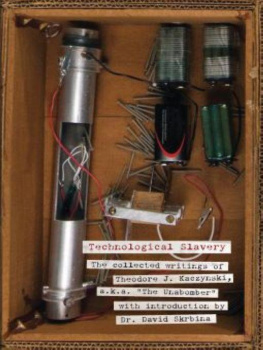
This book was produced in EPUB format by the Internet Archive.
The book pages were scanned and converted to EPUB format automatically. This process relies on optical character recognition, and is somewhat susceptible to errors. The book may not offer the correct reading sequence, and there may be weird characters, non-words, and incorrect guesses at structure. Some page numbers and headers or footers may remain from the scanned page. The process which identifies images might have found stray marks on the page which are not actually images from the book. The hidden page numbering which may be available to your ereader corresponds to the numbered pages in the print edition, but is not an exact match; page numbers will increment at the same rate as the corresponding print edition, but we may have started numbering before the print book's visible page numbers. The Internet Archive is working to improve the scanning process and resulting books, but in the meantime, we hope that this book will be useful to you.
The Internet Archive was founded in 1996 to build an Internet library and to promote universal access to all knowledge. The Archive's purposes include offering permanent access for researchers, historians, scholars, people with disabilities, and the general public to historical collections that exist in digital format. The Internet Archive includes texts, audio, moving images, and software as well as archived web pages, and provides specialized services for information access for the blind and other persons with disabilities.
Created with abbyy2epub (v.1.6.6)
ANTI-TECH REVOLUTION:
WHY AND HOW
THEODORE JOHN KACZYNSKI
FITCH & MADISON
P U B L I S H E R S
Copyright 2015 by Theodore John Kaczynski
All rights reserved.
No part of this book may be reproduced, stored in a retrieval system, or transmitted in any form or by any means, electronic, mechanical, photocopying, recording, scanning, or otherwise without the express written consent of the publisher.
First edition, 2016.
Published by Fitch & Madison Publishers.
Inquiries to the publisher should be addressed to Fitch & Madison Publishers, 15150 North Hayden Road, Suite 210, Scottsdale, AZ 85260, Tel: 602-457-4800, Fax: 602-457-4802, or via e-mail at info@fitchmadison.com.
Fitch & Madison and Fitch & Madison Publishers are trademarks of Fitch & Madison Publishers, LLC, an Arizona limited liability company.
www.fitchmadison.com
Theodore John Kaczynski does not receive any remuneration for this book. Printed in the United States of America
This paper meets the requirements of ANSI/NISO Z39.48-1992 (Permanence of Paper).
10 9 8 7 6 5 4 3 2 1
Publishers Cataloging-in-Publication Data
Kaczynski, Theodore John, 1942- author.
Anti-tech revolution : why and how / Theodore John Kaczynski. First edition,
pages cm
Includes bibliographical references and index.
LCCN 2016937645
ISBN 978-1-944228-00-2
1. TechnologySocial aspects. 2. Technology and civilization. 3. RevolutionsHistory.
4. Environmental degradation. 5. NatureEffect of human beings on. 6. Social action. I. Title.
T14.5.K324 2016303.483dc23
Were there but an Adam and an Eve left in every continent, and left free, it would be better than it now is.
Thomas Jefferson
CONTENTS
The epigraph is from Jeffersons letter to William Short, January 1793, quoted by David McCullough, John Adams, Simon & Schuster, New York, 2002, p. 438.
: The Development of a Society Can Never Be Subject toRational Human Control
: Why the Technological System Will Destroy Itself
: How to Transform a Society: Errors to Avoid
: Strategic Guidelines for an Anti-Tech Movement
.
: In Support of Chapter One
: In Support of Chapter Two
: Stay on Target
: The Long-Term Outcome of Geo-Engineering
PREFACE
I. There are many people today who see that modern society is heading toward disaster in one form or another, and who moreover recognize technology as the common thread linking the principal dangers that hang over us. Nearly all such people fall into one of two categories:
First, there are those who are appalled at what technology is doing to our society and our planet, but are not motivated to take any action against the technological system because they feel helpless to accomplish anything in that direction. They read an anti-tech booksay, for example, Jacques Elluls Technological Societyand it makes them feel better because theyve found someone who has eloquently articulated their own anxieties about technology. But the effect soon wears off and their discomfort with the technological world begins to nag them again, so they turn for relief to another anti-tech bookIvan Illich, Kirkpatrick Sale, Daniel Quinn, my own Industrial Society and Its Future, or something elseand the cycle repeats itself. In other words, for these people anti-tech literature is merely a kind of therapy: It alleviates their discomfort with technology, but it does not serve them as a call to action.
In the second category are people who are appalled at modern technology and actually aspire to accomplish something against the technological system, but have no practical sense of how to go about it. At a purely tactical level some of these people may have excellent practical sense;they may know very well, for example, how to organize a demonstration against some particular atrocity that is being committed against our environment. But when it comes to grand strategy they are at a loss. Most perhaps recognize that any victory against an environmental atrocity or other technology-related evil can only be temporary, at best, as long as the technological system remains in existence. But they can think of nothing better to do than to continue attacking particular evils while vaguely hoping that their work will somehow help to solve the overall problem of technology. In reality their work is counterproductive, because it distracts attention from the technological system itself as the underlying source of the evils and leads people to focus instead on problems of limited significance that moreover cannot be permanently solved while the technological system continues to exist.
The purpose of this book is to show people how to begin thinking in practical, grand-strategic terms about what must be done in order to get our society off the road to destruction that it is now on.
On the basis of past experience I feel safe in saying that virtually all peopleeven people of exceptional intelligencewho merely read this book once or twice at an ordinary pace will miss many of its most important points. This book, therefore, is not a book to be read; it is a book to be studied with the same care that one would use in studying, for example, a textbook of engineering. There is of course a difference between this book and a textbook of engineering. An engineering textbook provides precise rules which, if followed mechanically, will consistently give the expected results. But no such precise and reliable rules are possible in the social sciences. The ideas in this book therefore need to be applied thoughtfully and creatively, not mechanically or rigidly. Intelligent application of the ideas will be greatly facilitated by a broad knowledge of history and some understanding of how societies develop and change.
II. This book represents only a part, though the most important part, of a longer work that I hope to publish later. Ive been anxious to get the most important part of the work into print as soon as possible, because the growth of technology and the destruction of our environment move at an ever-accelerating rate, and the time to begin organizing for action isas soon as possible. Moreover, Im 72 years old, and I could be put out of action at any time by some medical misfortune, so I want to get the most important material into print while I can.
Next page
